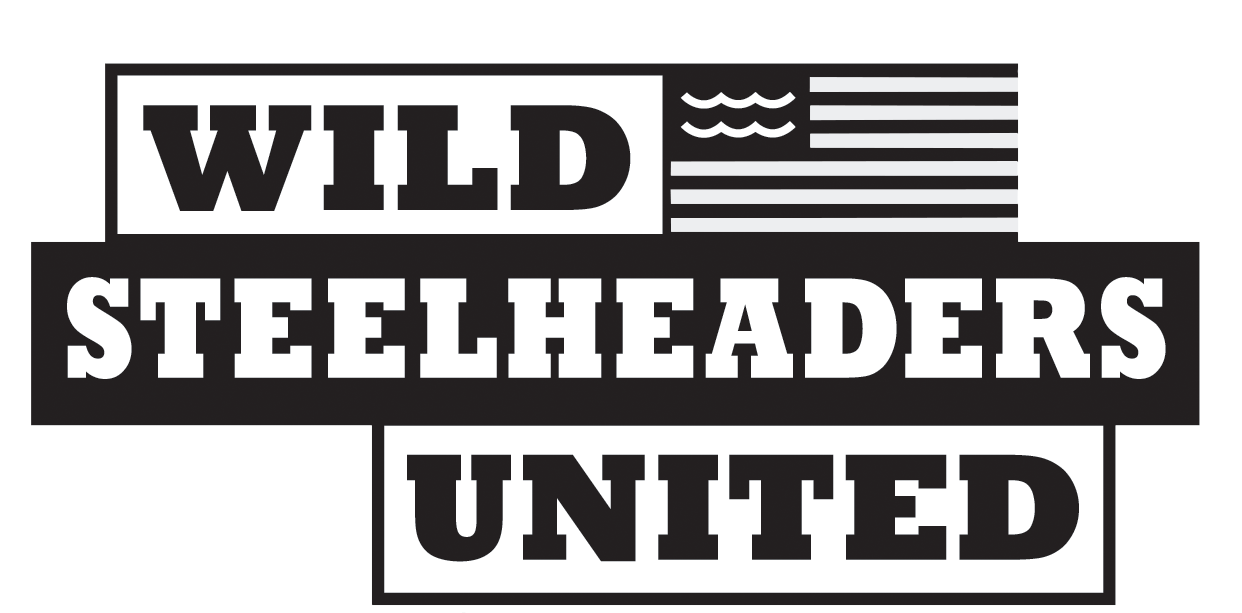This past Tuesday, 10 of the most respected scientists who, collectively, have studied Pacific Northwest salmon and steelhead for 400 years, penned a letter to the governors of Idaho, Montana, Oregon and Washington stating that achieving healthy and harvestable/fishable abundances of Snake River salmon and steelhead cannot be achieved without removing the four lower Snake River dams.
Four Northwest Governors Commit to Action for Columbia Basin Steelhead, Salmon
An agreement released today by the Governors of Oregon, Washington, Idaho and Montana establishes the importance of a regional dialogue focused on rebuilding Columbia River salmon and steelhead stocks while addressing the needs of other stakeholders and communities and commits resources to making it happen.
Can-Kicking Lower Snake River Dams Record of Decision Released
The ROD adopts the preferred alternative developed through the agencies’ environmental impact statement process. The decision recommends a limited increase in the amount of water spilled over the four dams on the Lower Snake River, but allows the dams to stay in place at a significant cost to salmon, steelhead, tribes, anglers, and communities across the Columbia Basin.
Opportunity for fish and anglers on the Clearwater
The Clearwater River has seen its fair share of low points over the last five years, from depressed steelhead runs to spring/summer Chinook runs that underwhelm the communities reliant on these runs for their economies. But there is one shining bit of good news on this river: the status of fall-run Chinook.
Snake River Dams Perspectives: John Appleton of Alpine Archery and Fly
Earlier this summer, TU released a report entitled “Why We Need a Free Flowing Lower Snake River” that lays out the scientific basis for the federal government’s conclusion that the best way to restore salmon and steelhead in the Snake Basin is to remove the four dams on the lower river. Snake River salmon and steelhead populations are now so …
Lower Snake plan: An opportunity, not a solution
Last month, the US Army Corps of Engineers, the Bureau of Reclamation, and Bonneville Power Administration released the final environmental impact statement for future operations of the Columbia River System, including four dams on the Lower Snake River.
Science Friday: The risks and rewards of barging steelhead smolts
Sea-run Snake River fish species must pass through eight dams, four in the Snake and four in the Columbia. Barging some of them past these dams helps them avoid most of the harmful impacts associated with the hydropower system.
TU’s Chris Wood Speaking at Idaho’s Energy, Salmon, Agriculture, and Community Conference
On Tuesday, April 23rd, the Andrus Center for Public Policy will host government representatives, fish advocates, grain growers, energy executives and other stakeholders at its annual environmental conference at Idaho’s Boise State University. The theme of the 2019 Andrus conference is Energy, Salmon, Agriculture and Community: Can We Come Together? Trout Unlimited and Wild Steelheaders United salute the …
Science Friday: Hitch-Hiking Smolts
Last week we talked about the importance of spill for out-migrating kelts and smolts in the Columbia Basin. Increasing spill is only one method employed to enhance downstream survival of smolts. As early as the mid-1950s smolts were loaded onto barges and moved downstream past the dams through the lock system. While fisheries managers experimented with this tactic early on …
Sportfishing Industry asks Trump for solid review of Snake River Dams
More than 50 fishing companies, trade groups and conservation organizations sent a letter today to President Donald Trump in support of taking a fresh look at removing four large dams on the lower Snake River to recover wild salmon and steelhead that once thrived in the Snake River Basin of Idaho, Oregon and Washington. With a court-ordered comprehensive analysis …

